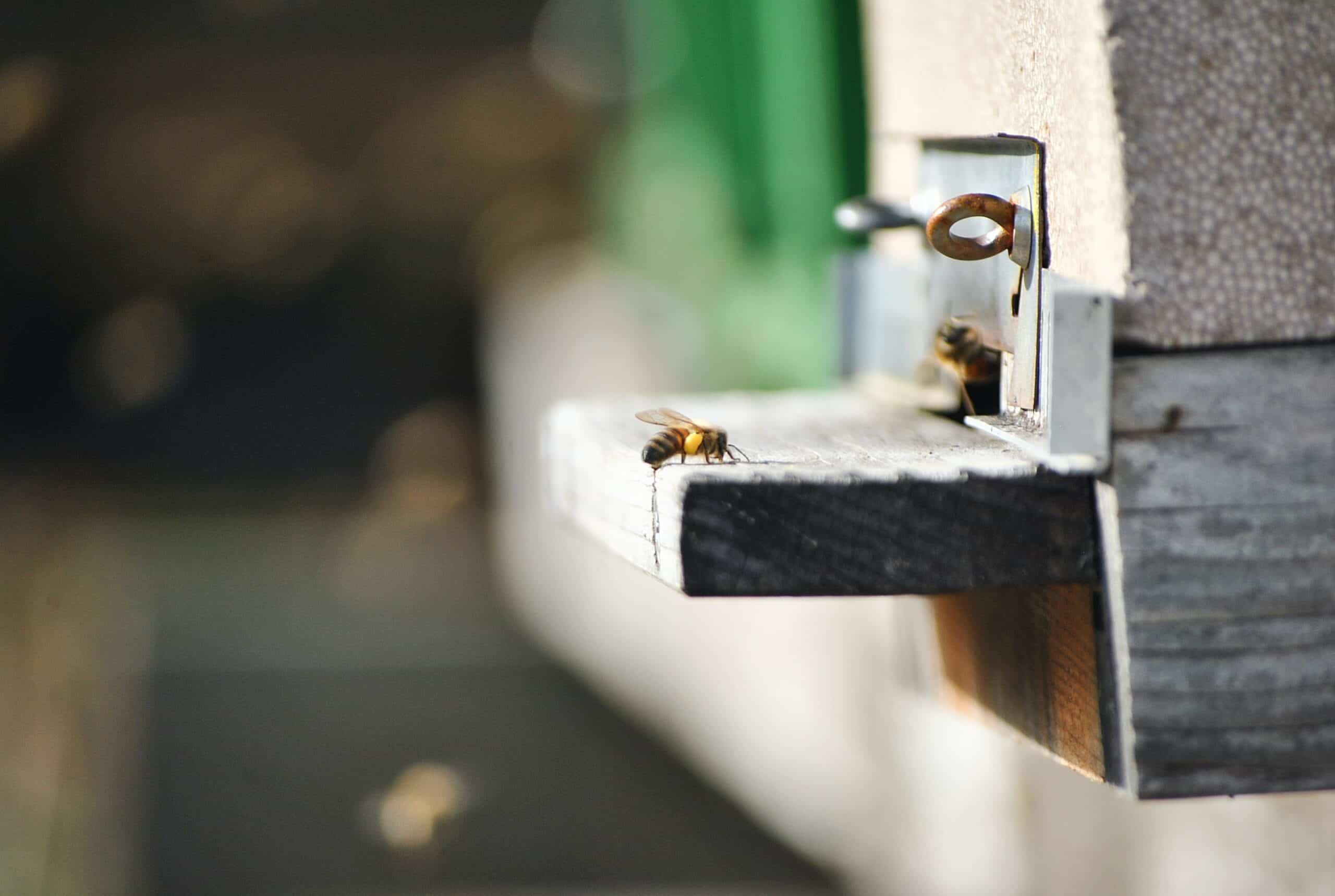Bee venom quickly kills aggressive, hard-to-treat breast cancer cells, according to a stunning new Australian research.
I study, published in the journal Nature Precision Oncology, found that bee venom (melittin) is effective in killing breast cancer cells. An exciting discovery, which will now be explored further.
The study was carried out at the Harry Perkins Institute of Medical Research by Dr Ciara Duffy as part of her PhD. The data also shows that even when the main component of the venom is combined with existing chemotherapy drugs, it is extremely efficient in reducing tumor growth in mice.
Dr. Duffy hopes the discovery could lead to the development of a treatment for triple negative breast cancer. A particularly aggressive type of breast cancer that accounts for 10-15% of all cases. For this type they do not currently exist targeted therapies clinically effective, nor a breast cancer vaccine at the studio.
From bee venom to medication

“We found that bee venom is remarkably effective at killing some of these very aggressive breast cancer cells at concentrations that are not harmful to normal cells.”said Dr. Duffy.
To be precise, research showed that a specific concentration of the venom killed 100% of triple negative breast cancer. And it did so within 60 minutes, with minimal effects on normal cells.
The phases of the study
The research poison was collected from several beehives in Australia, Ireland and England.
The bees were put to sleep with carbon dioxide and kept on ice before extracting the poison which was then injected into the tumors.
The breast cancer killer is called Melittina
The melittina, main component of the poison (represents over half of the peptides present), the substance with the "license to kill" breast cancer.
In fact, melittin enters the surface, or the plasma membrane of the cancer cell, and literally punctures it until it dies.
But this is not the only property of melittin: researchers have also discovered that the substance even interferes with the mechanisms of transmission and replication of breast cancer.
Bottom Line: Kills cancer cells and prevents cancer from expanding.

Bee venom can be a battering ram for drugs
She also combined melittin with existing chemotherapy drugs, such as docetaxel.
He found that the holes in the breast cancer membranes caused by melittin allowed chemotherapy to enter the cell and be even more efficient.
As is necessary in these cases, Dr. Duffy did not want to use words such as breakthrough or cure, stressing that this is only the beginning and that much more research is needed.
And he's right. There is a long way to go on how melittin should be dosed in the body, given the toxicity of the substance.


